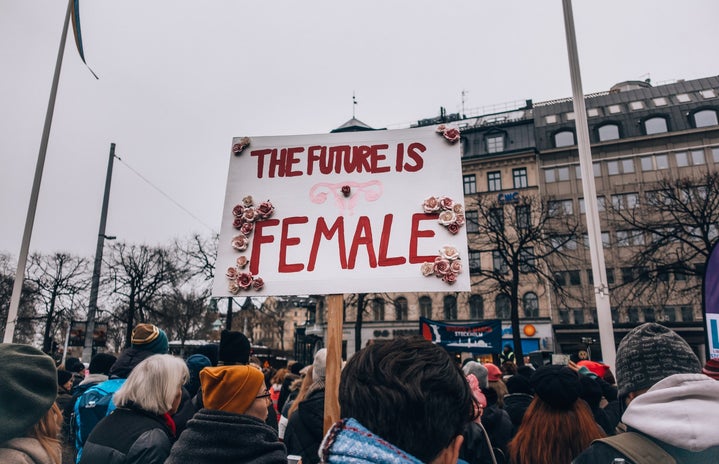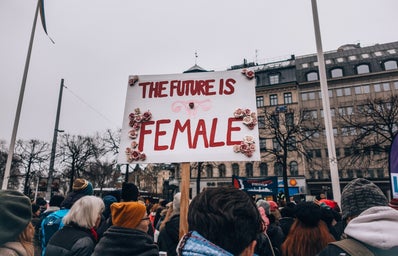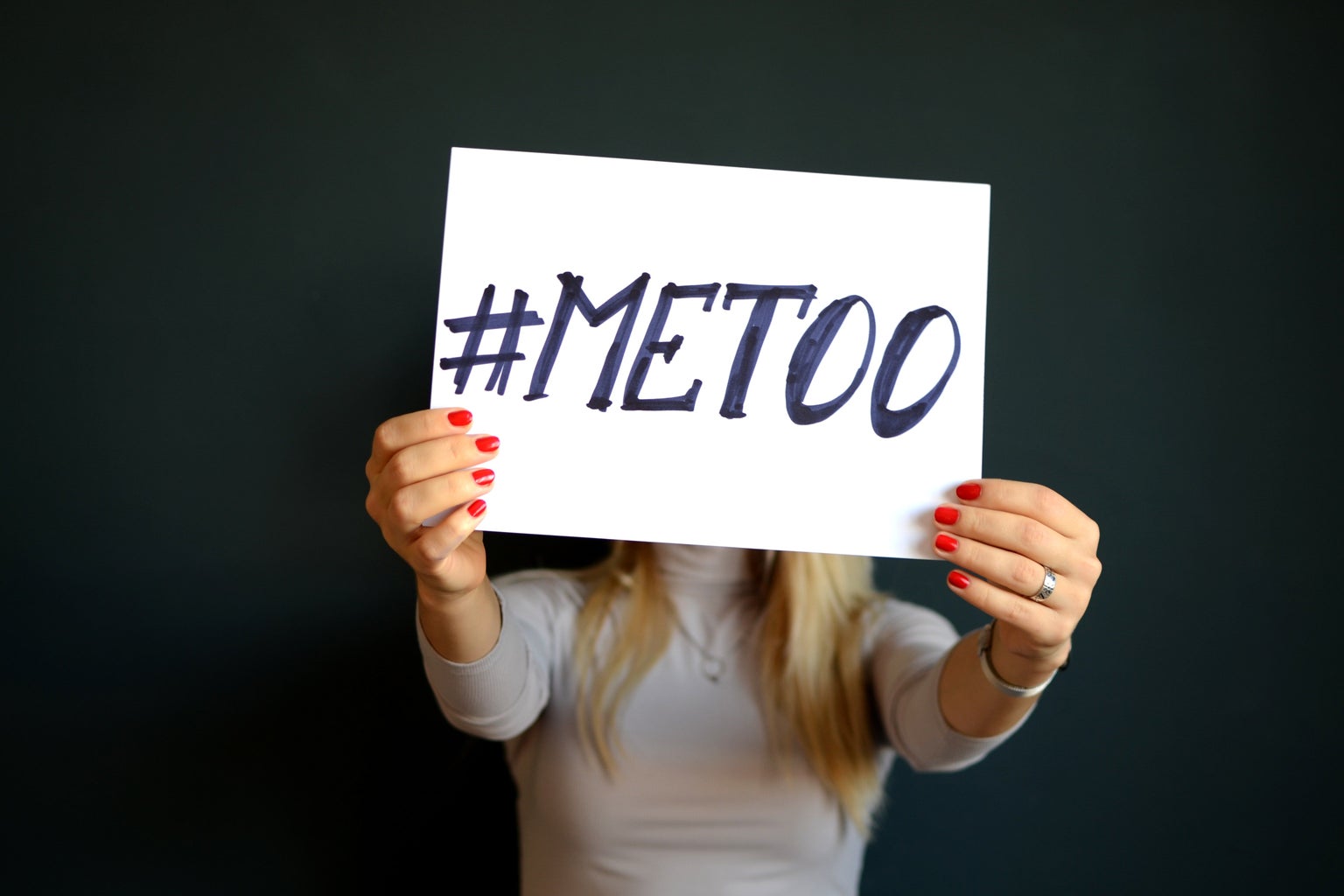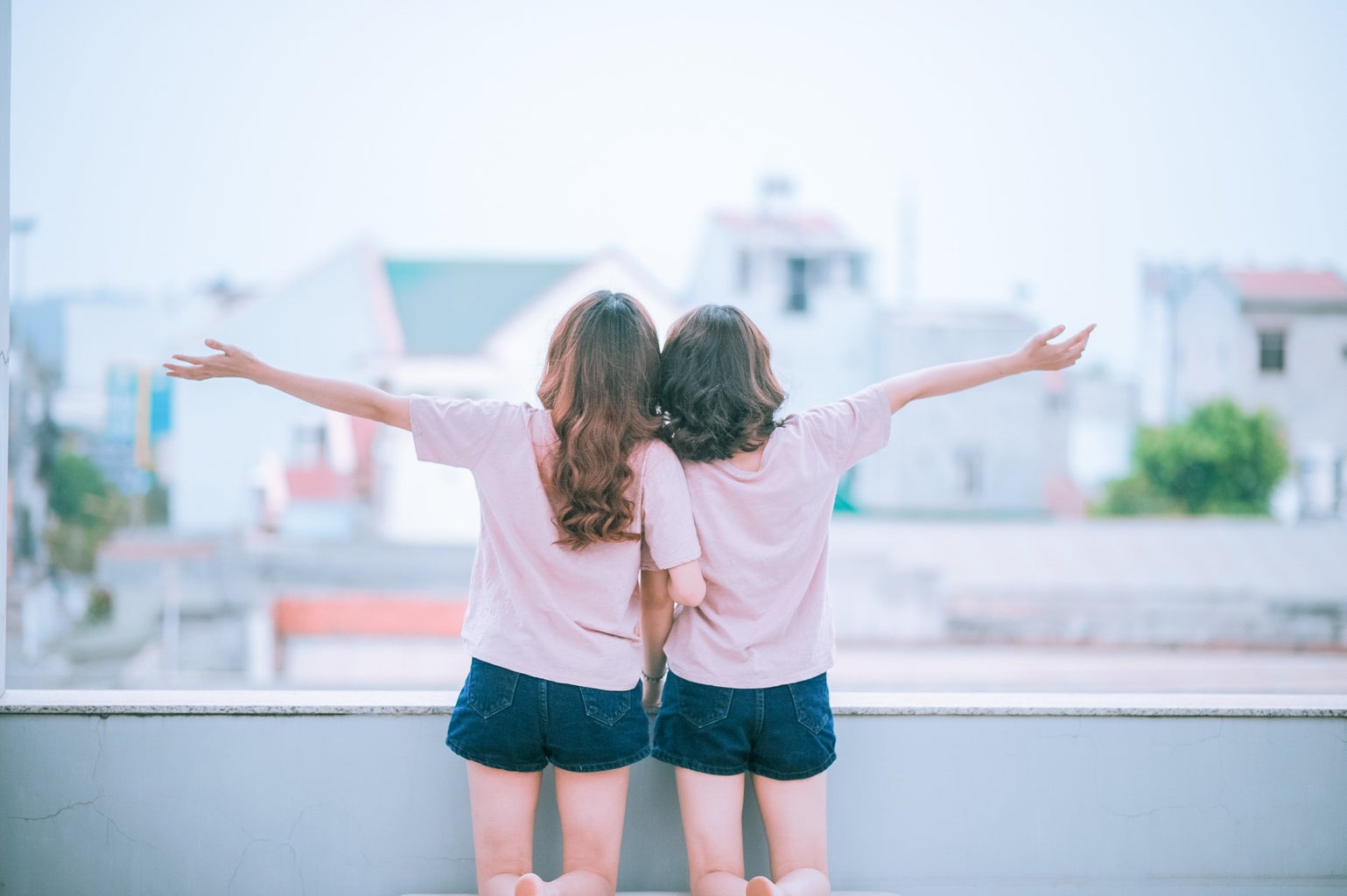Content warning: mention of death, murder, sexual harassment, and assault.
The 4B movement reveals how unsettling it is to experience an existence in a world shaped by gendered violence. The disturbing truth is society doesn’t expect the world to change — it demands individuals, specifically those perceived as female, bear the burden of protecting themselves. The world forces us to navigate its dangers gracefully, find our place within it, or risk becoming victims to its perils. There is no winning — it is only a fight in a battle already stacked against us.
Despite its garnered attention, the 4B movement is not new. Originally beginning in South Korea, it is making its rounds to America after the results of the November presidential election. 4B is a shorthand for four Korean words: bisekseu (비섹스), bichulsan (비출산), biyeonae (비연애), and bihon (혼).These terms refer to specific values women follow, including no sex with men, no giving birth, no dating men, and no marriage with men, respectively.
The movement started as an extension of the #MeToo movement after a brutal murder took place in 2016. A man waited inside a public bathroom at the Gangnam station in Seoul, where he randomly stabbed a woman who entered, murdering her. What brought this case to a boiling point was when the perpetrator reportedly said, “I did it because women have always ignored me.” He felt victimized and paranoid, which led him to commit a senseless murder.
This sparked an uproar among women everywhere because they feared they could be victimized too. The fact that it took place in a public bathroom in Gangnam, a bustling district in Seoul, South Korea, serves as a reminder that danger is around everywhere. Whether it is a dimly lit alley or a populated, public space, women will truly never feel the safety and security they deserve to feel.
Journalist and News Anchor Bokyoung Kim says in an interview that while the man was diagnosed with a mental illness, it’s not about that. It’s the fact that this is not being regarded as an episode of a mentally disturbed man attacking a random woman, but the physical result of a misogynistic society. This conversation expanded to include the many other issues surrounding the country, including femicide, revenge porn, and digital sex crimes. Digital sex crimes are so rampant in South Korea there is a law that dictates smartphone cameras have a mandatory shutter sound.
Affordable house prices and childcare also contribute to this movement. It isn’t like these women don’t want to date or be intimate with men, but there is so much systemic discrimination and inequality making prospects of marriage, childbirth, and child-rearing difficult to imagine for Korean citizens. To be so fearful of men, and to be forced to live your life so painfully aware of your surroundings proposes no question as to how one could imagine getting married and giving birth at a time like this in South Korea.
The 4B Movement has even led to declining birth rates in South Korea. The OECD says “Korea’s fertility has over a few decades plummeted to the lowest in the world. The total fertility rate, which was six children per woman on average in 1960 dropped to just below one child per woman in 2018 and fell further year by year to reach 0.72 in 2023.”
With that being said, a low fertility rate does not mean that young people don’t want children. In reality, the younger generation in Korea feels they cannot afford to spare any time or energy for children. Surviving the cut-throat competition in schools and building qualifications to land a job is time-consuming enough. On top of the fears of femicide in South Korea, individuals are too anxious about obtaining a stable income, building their young adult lives, and trying to survive.
The resurgence of the 4B movement in America strengthens the fight for reproductive justice and gender equality. Understanding the history and proposals behind this movement is essential. It serves as a vital reminder to individuals worldwide that they are not alone in their struggles. These issues transcend borders and call for collective awareness and action.
We must show up for one another, just as we would want them to show up for us.




